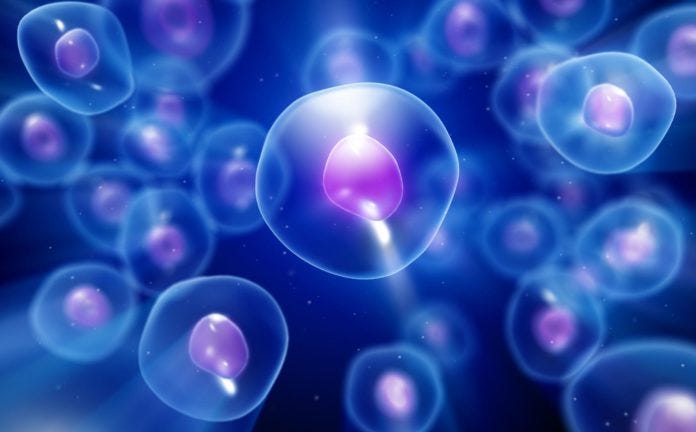Revolutionizing Immune Health: Reversing Cellular Aging Breakthrough
Written on
Understanding Cellular Aging
Recent advancements in healthcare research have sparked optimism for a future where our immune systems remain robust against external threats, particularly for older adults and those with compromised immunity. The concept of reversing cellular aging is evolving from science fiction to a potential reality, as researchers delve into innovative studies aimed at treating this natural age-related process.
In my earlier writings, I covered intriguing studies from 2019 and 2020. The first, conducted by Stanford scientists, investigated blood markers of aging at various life stages. The second study, led by a Harvard team, focused on identifying molecules capable of reversing cellular aging. The COVID-19 pandemic has intensified the scrutiny on our immune systems, especially as older individuals face heightened risks due to diminished immune responses.
The Technion-Israel Institute of Technology has undertaken significant research to comprehend why the elderly are particularly vulnerable to COVID-19 and why vaccinations have shown reduced efficacy in this demographic. Their findings suggest a method to reverse the aging of immune cells, potentially enhancing resistance not only to COVID-19 but to other infections as well.
Exploring B-Cell Dynamics
The key to this innovative process lies within B-cells, also known as B lymphocytes. Produced in the bone marrow, these cells serve as a primary defense line against pathogens by generating antibodies. B-cells are regularly replenished by the bone marrow, often acting against threats without the individual being aware of exposure. However, when B-cells transform into memory B-cells (MBCs), they do not simply vanish.

As stated by Prof. Doron Melamed, the lead researcher: “We found specific hormonal signals produced by the old B-cells, the memory cells, that inhibit the bone marrow from producing new B-cells. This is a huge discovery. It is like finding a needle in a haystack.”
The Consequences of Aging B-Cells
When B-cells die before they can transform into MBCs, new ones are generated. MBCs, which serve as historical records of prior infections for the immune system, can hinder the production of new B-cells as they accumulate with age. This accumulation compromises the immune system's ability to recognize and combat external threats, especially with a declining population of B-cells.
The research team has identified a mechanism to override this homeostatic system. By manipulating certain molecular pathways and inhibiting specific hormones, they can prompt the bone marrow to produce new B-cells. Collaborations with the hematology and rheumatology departments at Sourasky Medical Center and Rambam Health Care Campus have further validated these findings.
Promising Clinical Implications
Patients undergoing treatment for autoimmune disorders like lupus and multiple sclerosis exhibited a depletion of MBCs, leading to an accelerated production of new B-cells. Through this process, researchers pinpointed hormones that halt B-cell production once MBCs are restored. Disabling these hormones also stimulated the creation of B-cells that combat pathogens.
Next, clinical trials will assess the safety and effectiveness of this hormone-inhibiting technique. If successful, it could open doors to long-term rejuvenation therapies for the elderly and immunocompromised populations. The complete study was published in the Journal of Blood.
Chapter 2: Future Directions in Immunology
This video discusses how scientists are reprogramming T-cells to slow down and potentially reverse aging, showcasing the latest breakthroughs in immunology.
In this video, US scientists reveal a newly discovered chemical that may reverse aging, offering insights into innovative approaches to health and longevity.